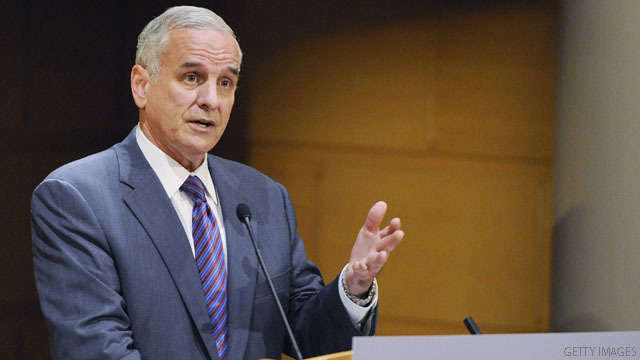Minnesota legislators are debating whether to allow the board of the state’s newly created health insurance exchange to shut out health insurance plans at its own discretion.
Minnesota is one of just eighteen states designing a state-run exchange under President Obama’s law. SF 1, the bill to create the Minnesota Insurance Marketplace, includes broad powers beyond those called for in the federal law.
Minnesota is one of several states considering an “active purchaser” model for its exchange. In contrast to a “clearinghouse” exchange, where any plan meeting federal requirements will be permitted, active purchaser exchanges will be further restricted by the whims of state board members—which could severely limit the plans available to consumers via the exchange.
Limited Options for Insurance
Proponents of the active purchaser model suggest citizens are overwhelmed when presented with too many options, and need the government to guide them to health insurance plans that meet their best interests.
“To the extent that health insurance markets don’t function quite as well as consumers and policymakers would like, an active purchaser model allows for more oversight and more efforts to organize the market in a more efficient way,” Jennifer Tolbert of the Kaiser Family Foundation told the Pioneer Press. “But the downside is that, by design, these active purchaser models tend to limit choice of health plans.”
Twila Brase, president of the Citizens’ Council for Health Freedom (CCHF), says this is an admission of how much choice will be limited in the state insurance exchange.
“It’s this amazingly cloistered rule-unto-themselves board,” Brase said. “The breadth of this bill is unbelievable.”
The bill under consideration in the Minnesota Senate Commerce Committee “allows a panel of 7 unelected political appointees to decide which insurance carriers get to be included in the exchange,” Brase noted.
“They’re not under our department of administration, and they’re not under our department of enterprise technology,” she added. “This is a federal entity installed in Minnesota—and that is why they want to be outside of all of these state laws that mean anything.”
Too Many Choices?
According to Brase, a recent hearing of the Commerce Committee illustrated the disagreement about how much choice consumers want or deserve when it comes to purchasing insurance.
“During one debate, a Democrat legislator in support of giving customers a list of ‘manageable’ choices claimed that if she went to a grocery store and found too many soup choices, she might leave without soup,” Brase said. “A Republican countered that no matter how many choices there were, he’d leave the store with soup because he was hungry.”
The legislature will have to decide soon in order to prepare the exchange for review by October 1.
“This legislation would further limit insurance options,” Brase said. “Minnesotans forced onto the government exchange should not be further limited by a lack of meaningful choice in health insurance options. This only adds insult to injury.”





